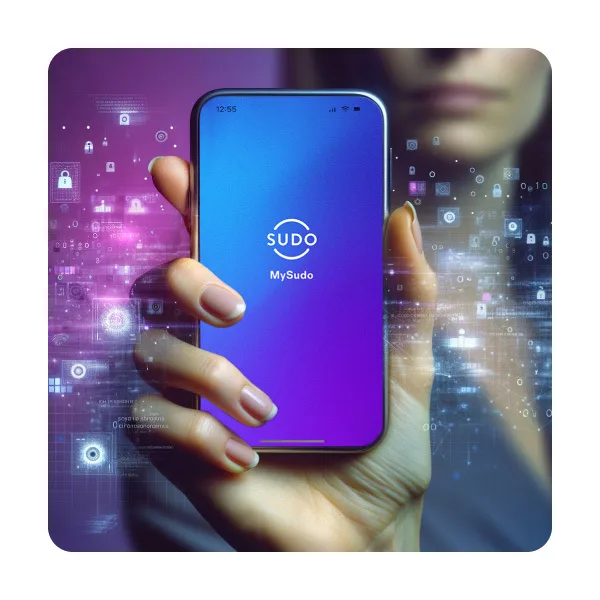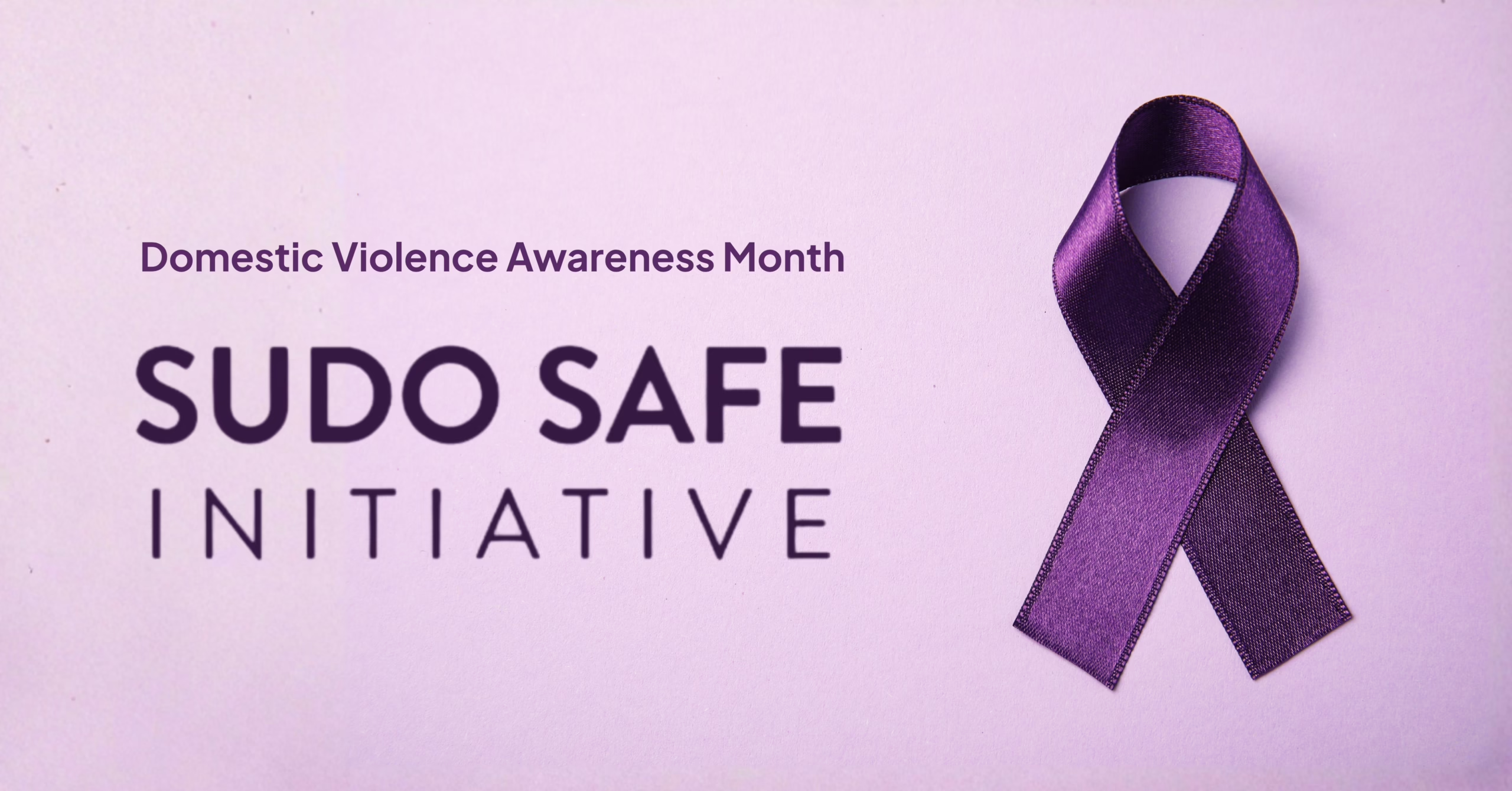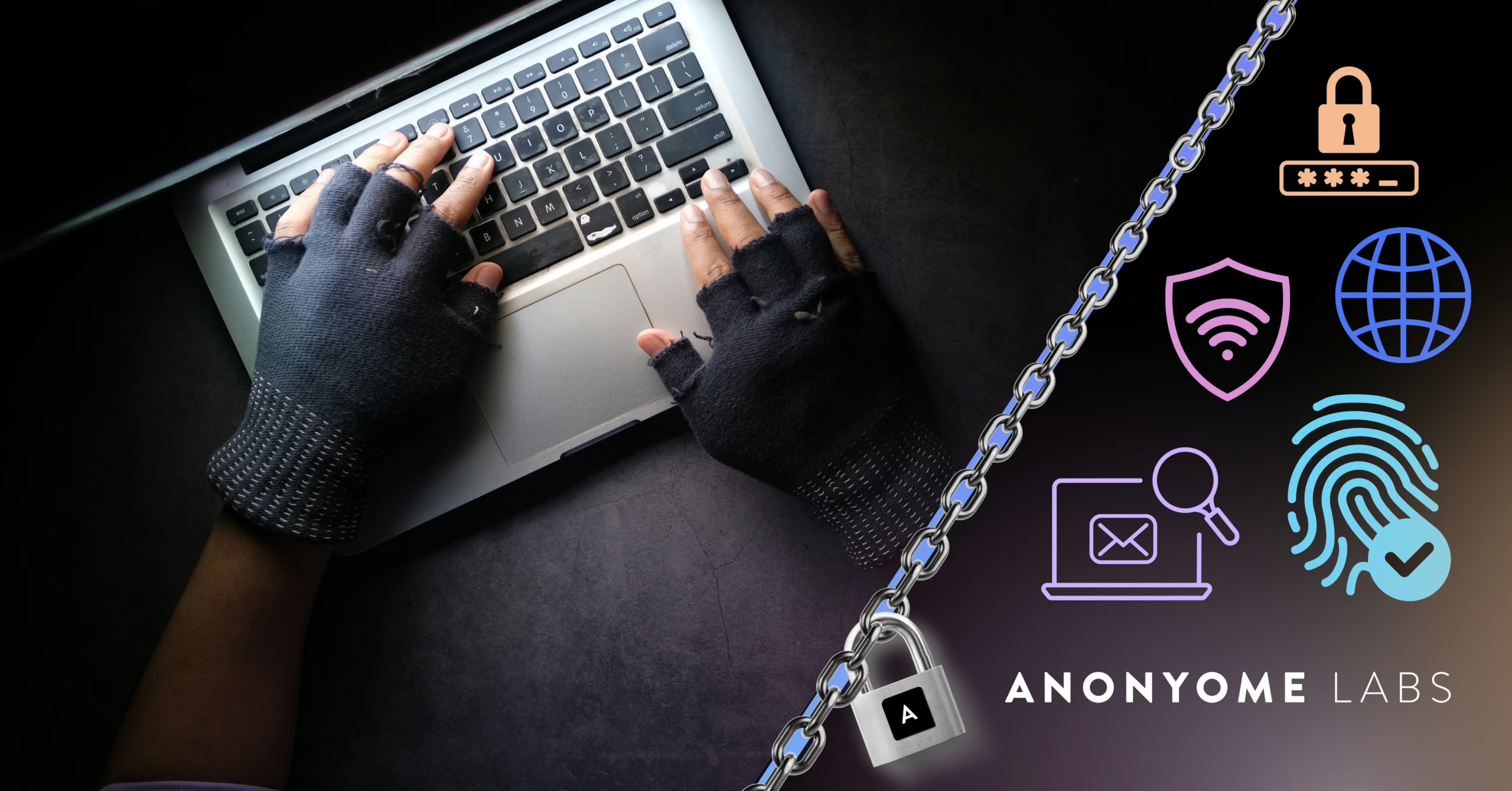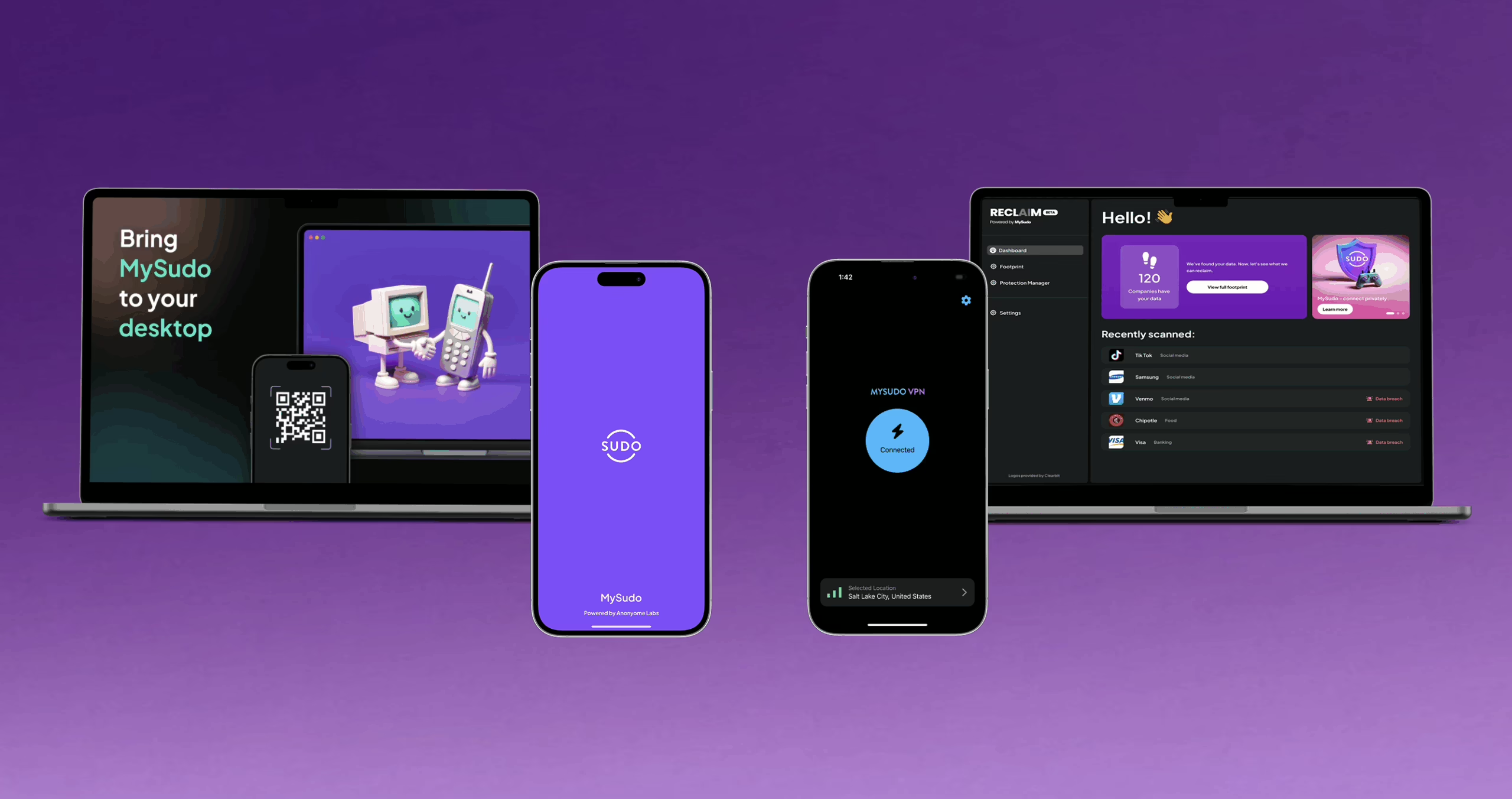It’s been 10 years since government contractor, Edward Snowden, revealed mass domestic and international surveillance by the U.S. National Security Agency (NSA) and its British counterpart, GCHQ, in the historical landmark event dubbed the “Snowden Leaks.”
What arguably shocked Americans the most was that the government wasn’t just spying on international agencies and criminals, it was that they were, as privacy advocate EFF puts it, “vacuuming up people’s online communications, internet activity, and phone records, both inside and outside the U.S.” Or, as Snowden himself says: “… they were not just collecting and intercepting communications from criminals, spies, terrorists, people of intelligence value—they were collecting on everyone, everywhere, all of the time, just in case, because you never know what’s going to be interesting. And if you miss it when it’s passing by, you might not get another chance.”
What followed Snowden’s handing over of countless top-secret files to journalists in Hong Kong on that fateful day in 2014 is, as the NPR puts it, “ … a fierce debate over government surveillance, personal privacy and the power and perils of technology.”
And that’s exactly what episode 41 of our popular podcast, Privacy Files, explores: 10 years on from Snowden, what has changed?
Co-hosts Rich and Colin revisit the case, catalogue the many revelations from the surveillance across the period 2013–14, and discuss what impact the “Snowden Effect” has had on privacy, society, government, and technology in the years since.
Most observers agree that some of the greatest legacies from the Snowden leaks are:
- The rewriting of the law that allowed governments to “scoop up everyone’s records.” The U.S.A. Freedom Act now prohibits the bulk collection of phone records by American citizens and, as President Barack Obama said shortly before signing it: “The act also includes other changes to our surveillance laws, including more transparency to help build confidence among the American people that your privacy and civil liberties are being protected.”
- Widespread encryption of the internet, which Snowden says “was a pipe dream in 2013 when the story broke. An enormous fraction of global internet traffic travelled electronically naked. Now, it is a rare sight.” As an NPR report explains, “The Big Tech companies had been embarrassed by revelations that they had been handing personal data over to the NSA. That embarrassment turned to anger when further leaks revealed that, in spite of that cooperation, the NSA had been helping themselves to data from the Big Tech companies through backdoor vulnerabilities. In response, in spite of opposition from the agencies, companies rushed in end-to-end encryption years earlier than planned.”
- A better understanding among everyday Americans of how governments and companies like Google and Meta collect and use their personal data, and a consequent desire to protect that information when and where they can. This awareness shift is increasing, too. Certainly, here at Anonyome Labs we’ve been tracking consumer sentiment about data privacy and how the smart brands are moving to better protect it for customers. Privacy is definitely a defining issue of this decade.
These legacies have all highlighted the urgent need for privacy, but there is a long way to go. Snowden, for instance, is still very concerned about smartphone surveillance: “You need to be careful about the software you put on your phone, you need to be careful about the connections it’s making, because today most people have got a thousand apps on their phones; it’s sitting there on your desk right now or in your hand and the screen can be off but it’s connecting hundreds or thousands of times a second. … And this is this core problem of the data issue that we’re dealing with today. We’re passing laws that are trying to regulate the use of data. We’re trying to regulate the protection of data, but all of these things presume that the data has already been collected. … We need to be regulating the collection of data, because our phones, our devices, our laptops—even just driving down the street with all of these systems that surround us today—is producing records about our lives. It’s the modern pollution,” he warned in 2019.
And while the extent of the surveillance revealed in the original Snowden Leaks might sound startling, Snowden says the 2013 surveillance was “child’s play” compared with today’s technology—which brings us to exactly why, despite Snowden’s exposé, MySudo is an essential privacy tool:

- Surveillance hasn’t stopped. It continues, not only from government but from everyday brands you interact with all the time. Organizations (even banks!) collect and sell customer data, data brokers buy and aggregate and on-sell it, and criminals steal and sell it all the time.
- Individuals must do all they can to protect their own personal information. The best option is to not put personal information on the internet in the first place. If that sounds impossible in today’s digital world, you need MySudo, which not only makes it possible but also simple.
MySudo is the world’s only all-in-one privacy app. By creating digital identities or Sudos you can compartmentalize your online activities by setting up a unique phone number, email address and handle for things like shopping, accessing free content and using dating apps. This breaks the data trail linking back to your highly sensitive and valuable personal information, and reduces your digital exhaust.
Each Sudo also includes a private browser with ad and tracker blocker. And if you also want to stop companies from sharing data about your transactions and spending habits, you can set up a MySudo virtual card* to protect the privacy of your online payments.
Snowden says, “… although the Internet is very much a troubled place … I think it is something worth fighting for, and something that they can improve.”
We agree but, until they do, use MySudo.
Listen to the Snowden Effect Privacy Files podcast ep. now.
To learn more, visit here



